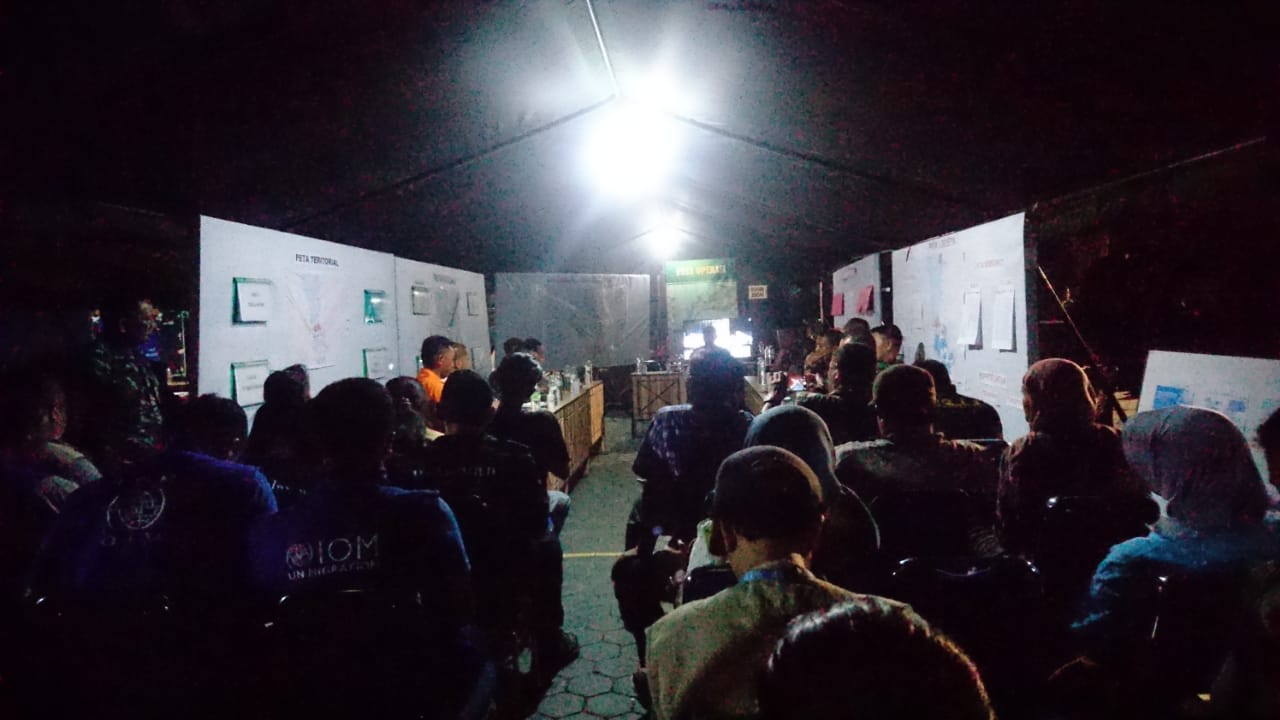HI's emergency team, which has arrived in Indonesia, is preparing to supply appropriate aid to victims of the tsunami and its aftermath.
"Our four HI experts have split into two teams. One is in Makassar in the South of the affected island, Sulawesi, the airport from which aid for the affected area can be dispatched and the other is in Jakarta, to coordinate HI's response with other organisations," explains Fanny Mraz, Director of HI's emergency teams.
"The consequences of the tsunami, such as landslides and liquefaction, prevented rescue teams from gaining immediate access to some seriously affected areas.”
Despite these challenges, HI will shortly complete its assessment of the health needs of tsunami victims and its consequences in Sulawesi, including rehabilitation and mental health and psychosocial support. Since this weekend, its local partner and health sector actor CIS-Timor has been analysing the population’s priority needs.
“It’s clear that the greatest need is to assist the injured and to prevent the spread of diseases - diarrhoea and respiratory infections – resulting from damage to water infrastructure and networks.”
Logistics challenges
"The situation on the ground is complicated and our teams face many challenges. More than 68% of health centres are not functioning correctly, which explains overcrowding in local hospitals. But more than 10,000 people have been injured, 2,000 severely, and the numbers are rising."
"Because we are present in Makassar, we could provide material aid to victims very quickly, such as crutches or kits to cover essential needs."

Night meeting to organise aid for tsunami victims in Palu, Sulawesi. HI's local partner, CIS-Timor, is currently accommodated in tents as it conducts a needs assessment in the area.
© CIS-Timor/ HI
HI in Indonesia
HI has worked in Indonesia since 2005, where it regularly provides support to victims of natural disasters. Its members organise disaster prevention workshops and workshops to improve community resilience.






